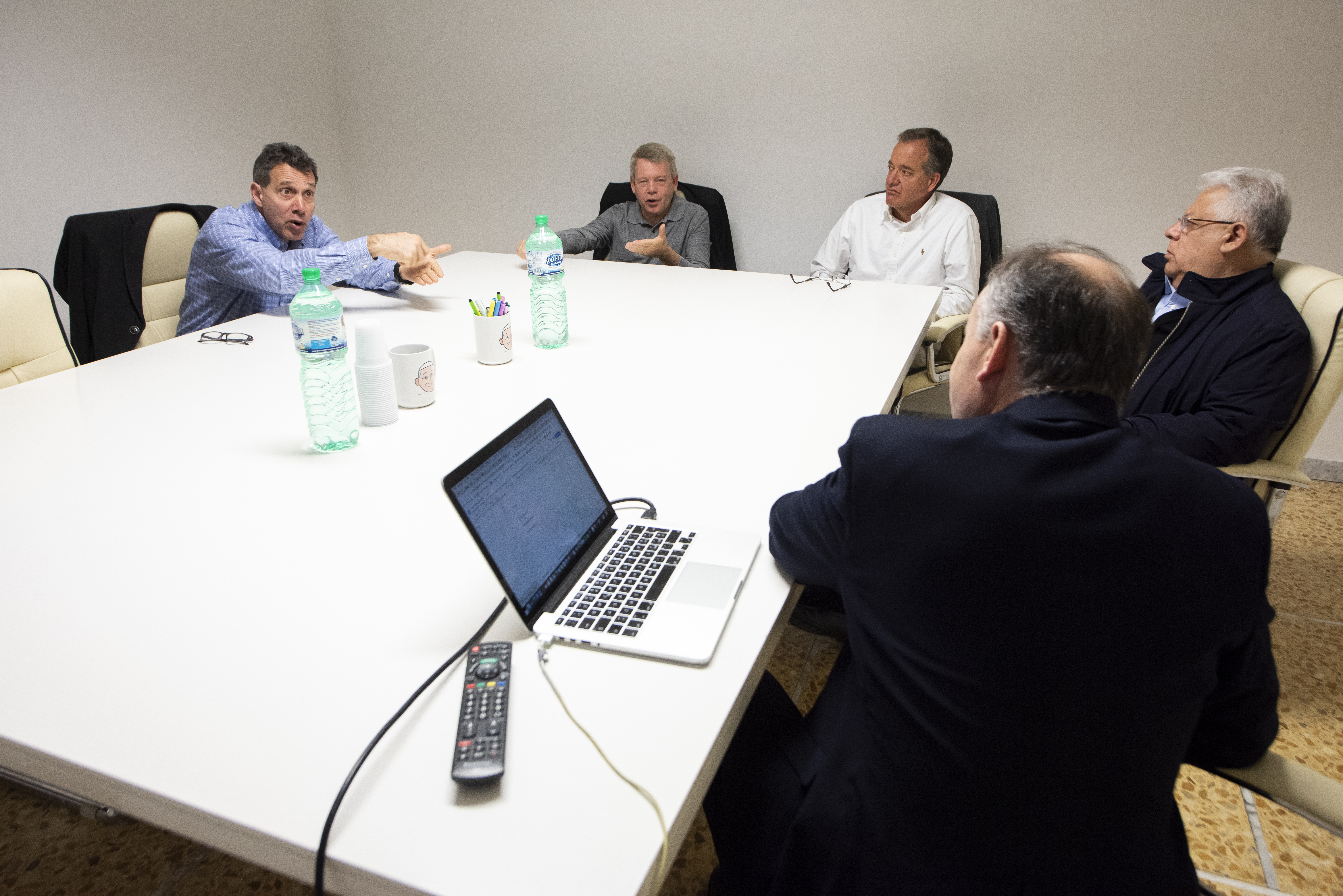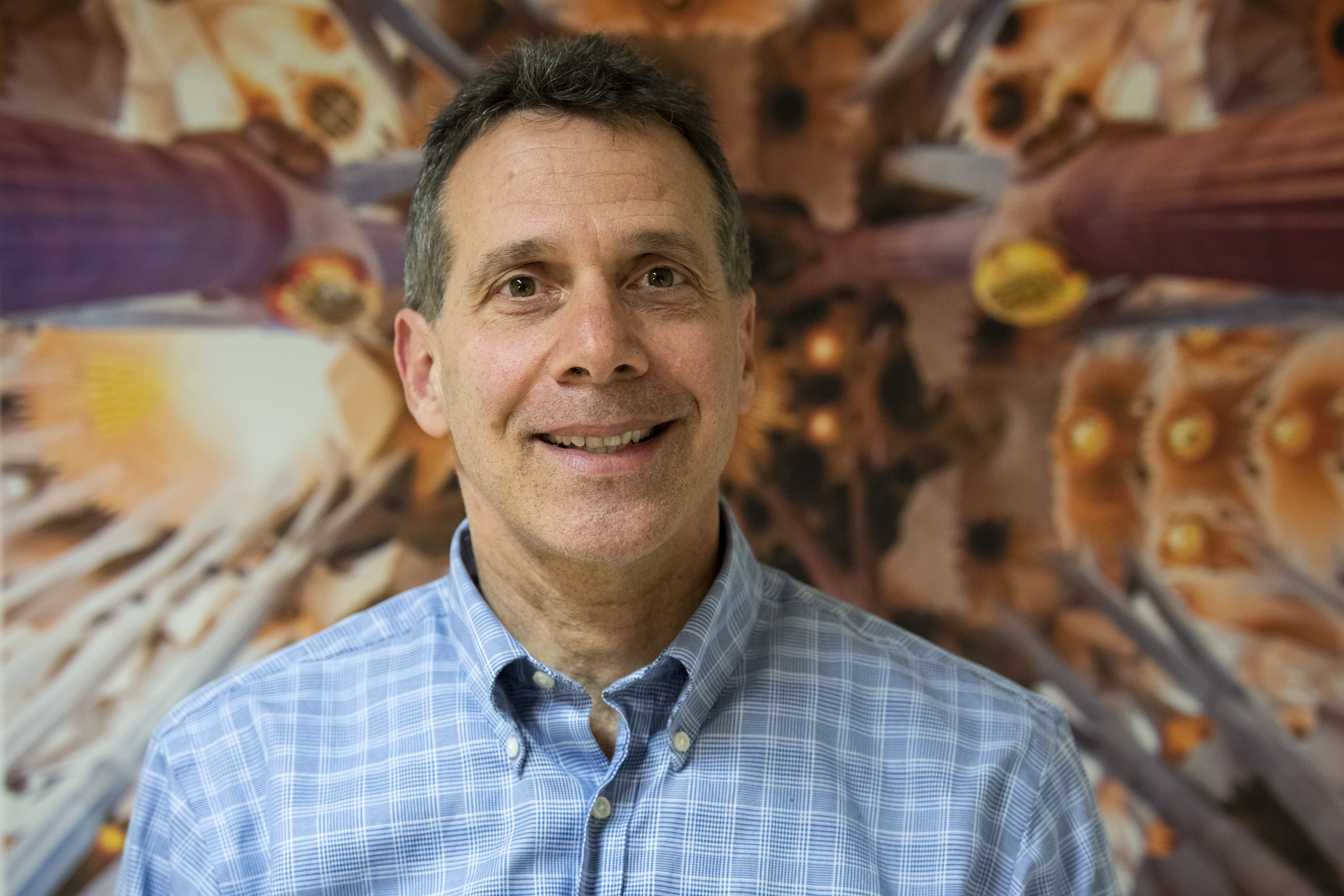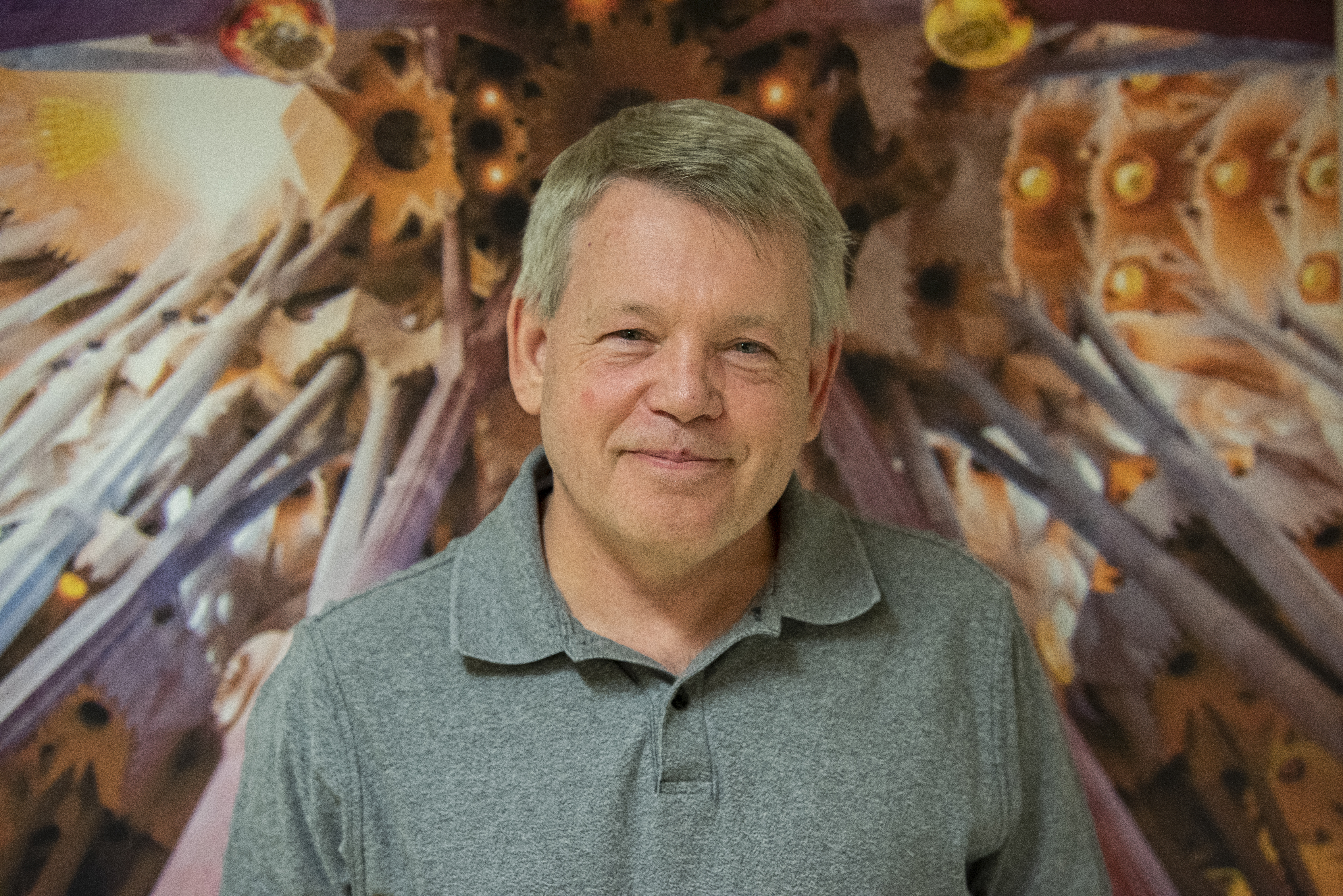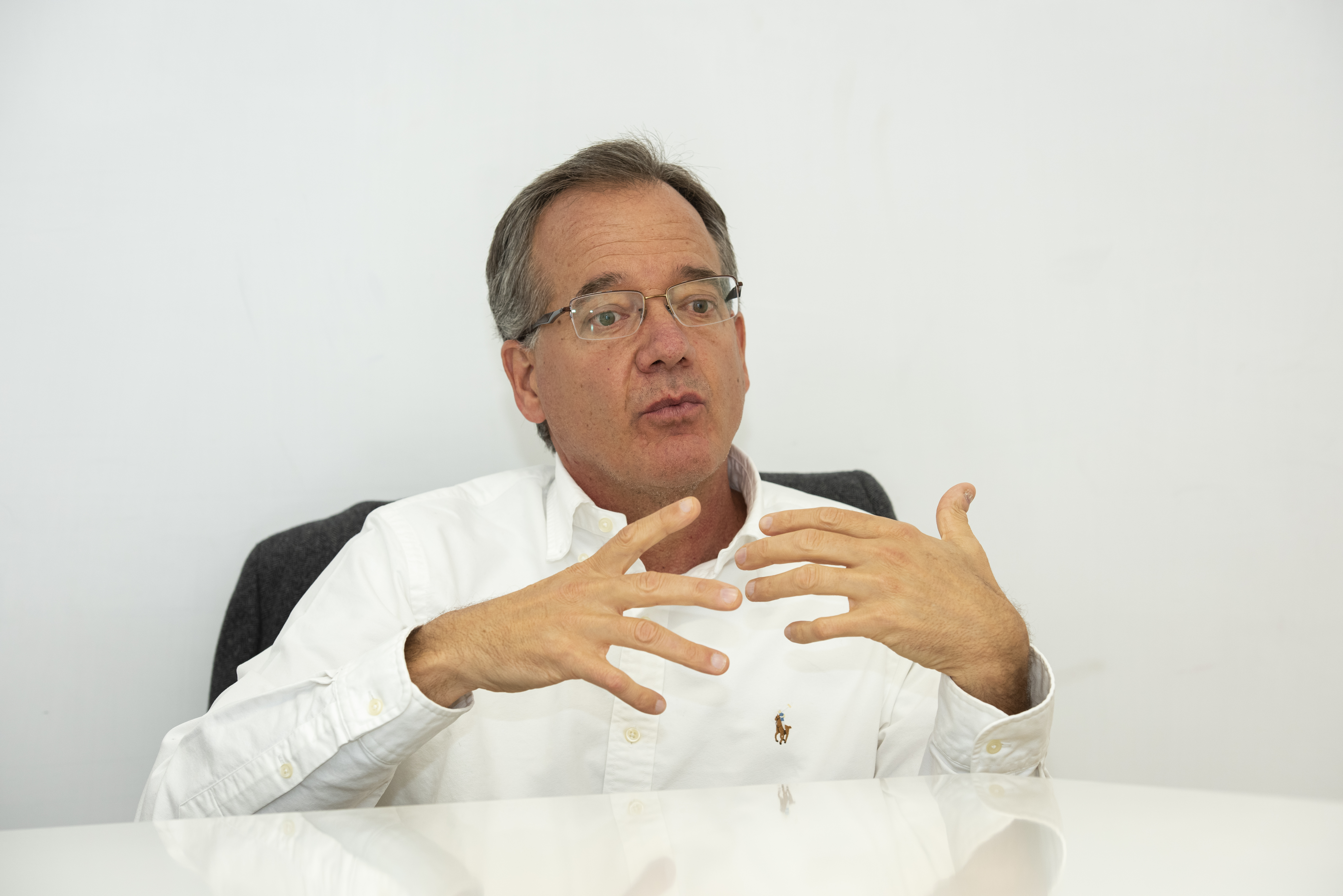“Food as medicine.” This is the proposal that representatives of SOMOS Community Care, a network of nearly 2,500 doctors in the New York area, have presented at the Vatican.
In just a few years, this organization has managed to put the role of family doctors back at the center of health care, achieving a high level of quality in health services at a much more affordable price compared to standard health care in the United States.
Now, this institution, which attends particularly to the health needs of immigrants, is continuing to propose reforms to the healthcare system, avoiding any polemics.
They’re doing this by going back to the very origins of medicine, harking back to the famous phrase attributed to the Greek doctor Hyppocrates four hundred years before the birth of Christ: “Let food be your medicine, and medicine your food.”
The proposal was presented in recent days to the Dicastery for Promoting Integral Human Development, an organ of the Holy See created by Pope Francis, as a contribution promoting a concept of medicine in the framework of the model of integral human ecology promoted by the encyclical “Laudato Si’.”
Participating in the meeting at the Vatican on behalf of SOMOS community care were Mario J. Paredes, Chief Executive Officer; Tom Hoering, Vice President of Legal Affairs; and Dr. Diego Ponieman, M.D., Chief Medical Officer.
They were also accompanied by Nelson Campbell, CEO and President of PlantPure, Inc., a pioneer of balanced nutrition along with his father and brother, authors of the famous book “The China Study,” one of America’s best-selling books about nutrition.

Nutrition as the first therapy
“I am a physician and I take care of chronic diseases, the epidemic of the times, which are diabetes, obesity, hypertension, high cholesterol, heart disease, and cancer,” Dr. Diego Ponieman, M.D., Chief Medical Officer of SOMOS, explained to Aleteia.
“Nutrition is fundamental. But in medical school we are not taught, we are not trained, to ask our patients about food. I spend a substantial amount of time talking to my patients about food. And our relationship grows in such a way because people like to be asked about food.”
Doctor Ponieman works on adding nutrition and lifestyle changes as a strong therapeutic intervention. He is working with SOMOS Community Care through local clinics with the hope of transforming these “food deserts” into healthier neighborhoods.

“When I talk to immigrants, I always see that everybody was healthier at home. After they move to the US, everybody is busy, everybody is eating as they go, eating in the car, in the subway, eating when they are walking… People need to sit down at the table, and share some time…”.
“We see great results in our patients,” the doctor acknowledges.“We put people on this type of food for 10 days. We give them the food. What we see is normalizing blood pressure, losing 6-7 pounds in 10 days, and their blood sugar starts normalizing. We see great results in just in 10 days…”
“The idea is to bring people back to the kitchen. We teach them how to cook in order to have good food that also tastes great. And that’s the secret. Afterwards, my patients say to me: ‘I can’t go back to junk food, because it does not make me feel well’”.
Where health system reform begins
Tom Hoering, Vice President of Legal Affairs, explains that nutrition is the foundation needed for a reform of the healthcare system in the United States.
“In America, the health care system is a very broken system. It is a matter of fact that the number one issue that all Americans are concerned with in the upcoming election is health care.” Hoering points out.

“I am a New Yorker, raised in New York. I worked as an attorney and as a pharmacist in Hell’s Kitchen for many years during the AIDS epidemic, and you see the suffering people go through. The question becomes: With all the revenue that is expended, why is the quality of life for the people that we spend the money on not a better one? And the government itself realized years ago: ‘We do not know what to do with healthcare. So we are going to put out a grant, and ask institutions to come on and tell us how you’re going to fix health care’”.
“All the entities that came forward were hospitals, and in America many of the hospitals are owned by Medicare companies. So the money goes from the government to the Medicare companies to the hospitals. And how do the hospitals make money? By keeping people on their bed. Nobody wants to go to the hospital. It is the last place you should end up. Who does not want people in the hospitals? Physicians”.
“How do you keep the people out of the hospital? How do you keep people healthy?”, asks Hoering, who has a Bachelor of Pharmacy degree and an M.S. in Institutional Management and a J.D . in Law from St. John’s University.
“You need to address social determinants of health. Do you have a job? Do you have a place to live? Are you suffering from clinical depression? Is there a domestic violence issue? So, these are some of the things that we had to address. One of the greatest social determinants of health that we need to deal with is nutrition. In New York, no one is starving but everybody eats the wrong food every day. If every day you eat junk food, because it is cheap, you are going to get sick. But if you change your diet, and you eat healthy food… we have a saying: ‘you go to the farm, not to the pharmacy.’”
“Most medications come from plants. All medicine came from plants. So there is something in what God made that heals the body”.
“So we developed a program and now we are encouraging the physicians to write prescriptions for a ‘jump start’, as they write prescriptions for medication. We have a team of people that brings the food to the person, right to the doctor’s office. We teach the people how to use the food, and we tell them where to find it. Sometimes they meet in churches. They get together and they share recipes. And the long-term effects are profound. When you go to these meetings, you see people that you remember three months ago: the person who was dependent on an oxygen machine is now standing up”.
“This is a powerful message. The trick is also that you have to make it cheaper than junk food. Because people have money issues. People are asleep. You want to wake them up. Then something can change. You empower the person by teaching them how to they decide what to put in their mouths”.
Following “Laudato Si’”
Nelson Campbell, CEO and President of PlantPure, Inc., explains to Aleteia why they’ve presented this project at the Vatican.
“I’ve read the Laudato Si and it’s one of the most beautiful pieces of writing I have ever read on environment, economics, politics, even technology. It’s beautiful. Everything we are doing is aligned with that. I eventually would love to have an opportunity to share what we are doing with Pope Francis, because I think it would be very interesting to him”.

Nelson Campbell is dedicating his life to sharing the benefits of his father’s research, which shows the link between the consumption of animal products and chronic illnesses such as coronary heart disease, diabetes, breast cancer, prostate cancer, and bowel cancer.
Colin Campbell, Nelson’s father, concludes that people who eat a predominantly whole-food, plant-based diet will escape, reduce, or reverse the development of numerous diseases.
“In the past, and today, in most of the healthcare system, we look to single chemicals, drugs, to treat people but the body doesn’t work that way. If you put a single drug into someone it’s going to have side effects and it very rarely creates true healing. Nutrition creates healing”, explains Nelson Campbell.
“Our bodies have a tremendous capacity to heal themselves. We don’t need to intervene. Our bodies are perfectly designed, just like the rest of the universe is also perfectly designed. There’s intelligence in everything. It shouldn’t be surprising that our bodies have this capacity for self-healing but we have to give our bodies the right nutrition, the right food, and that’s plant-based nutrition”.
“As we launch this campaign we are going to be always talking with humility. We can’t be extreme, we can’t dictate to people that they change their lifestyle. Humility is important. We are also trying to demonstrate a kind of new paradigm for social change. I believe that to heal our world we have to figure out how to empower people and local communities to fix problems”, Campbell concludes.

